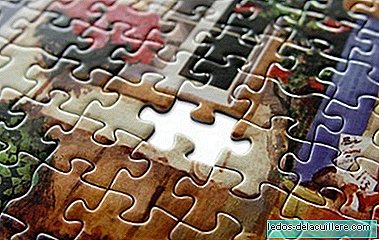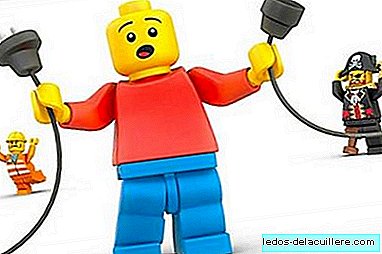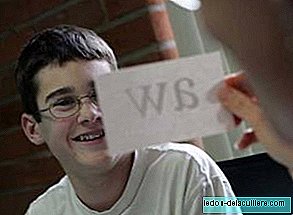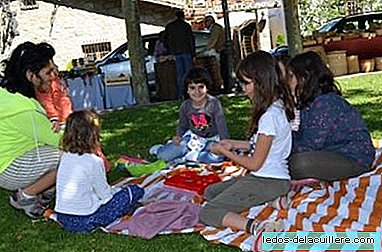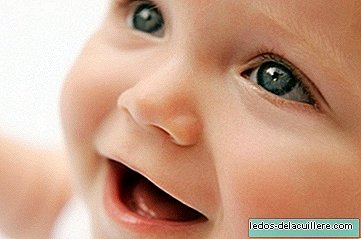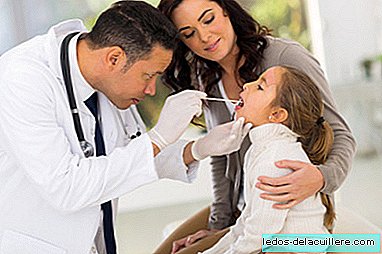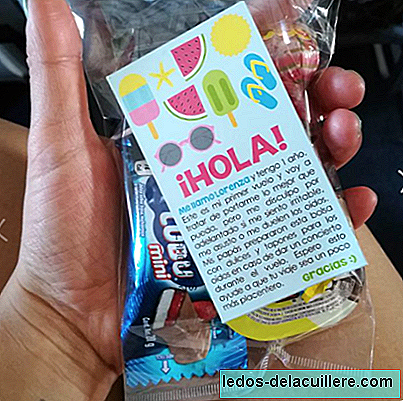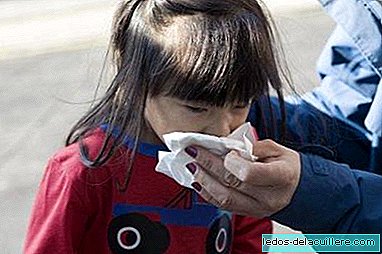
Colds come with colds, and with them an avalanche of children (and adults) with varied discomforts that are often tried to relieve with medication. But colds are not cured with medicines, they heal on their own thanks to their spontaneous evolution.
There is currently no treatment available that cures or shortens the duration of the common cold or cold, although there are several practices that can prevent it.
So, the medications used to treat a cold, what they do is try to alleviate, if possible, the symptoms: fever, mucus, nasal congestion and cough. But they should not be administered without a prescription.
This is because it has been seen that some anti-catarrhal medications can produce, in young children, Adverse effects, such as increased heart rate, numbness, seizures and even death in children under two years. In various parts of the world he has been warning of the dangers:
The US drug agency (FDA) has already issued a statement in 2008 warning of possible serious effects when using cold medicines in children, especially those under two years old. Therefore, the FDA recommends that anti-catarrhal and cough suppressant medications should not be used in children under four years of age, especially those less than two years old.
In Canada, the recommendation is not to use them below six years.
In 2010, France banned mucolytic syrups in children under two years old because adverse effects had been reported when used at these ages.
Finally, the Spanish Agency for Medicines and Health Products in 2011 banned the use of suppositories for coughs that contain terpenic derivatives for those under 30 months, due to their relationship with an increased risk of seizures.
In short, the beneficial effect of these medicines is doubtful and that there is a real risk of causing adverse effects in young children.
What treatments can we use in children under two years?
Treatment for the cold is not always necessary, and this will be told by the general condition of the child. Many times children with colds and nasal congestion or cough are fine, play and live their normal lives, so we will only have to wait until the symptoms remit naturally.
If children have fever and discomfort We can use antipyretic agents for a few days (paracetamol or ibuprofen). But remember that fever is beneficial, and it is only advisable to lower it, using antipyretic drugs, if the child is upset. In addition, calculation errors often occur in the administration of the correct dose, and there are risks associated with the abuse of paracetamol.
Before using drugs we can calm the fever through different measures.
When the nose is clogged with mucus, nose washes with physiological serum They will help you breathe better. It can be repeated whenever necessary: at bedtime, when getting up, before eating or breastfeeding. To circulate the mucus it is also good to make steam baths using humidifiers or vaporizers at bath time. Moistening the air helps the mucus is not thick and helps to lubricate the area. However, it can be harmful for some children who have bronchitis or asthma.
It is also advisable to keep the child well hydrated, offering liquids that are suitable for their age (water, broths, juices ...).
Definitely, there are no medications to prevent or cure colds, and what there are are different methods, pharmacological or not, to relieve your symptoms. In children under two years of age, any drug other than antipyretic drugs should be avoided (and these, with all caution and when necessary). We will be back soon with the case of the cramped older children.


